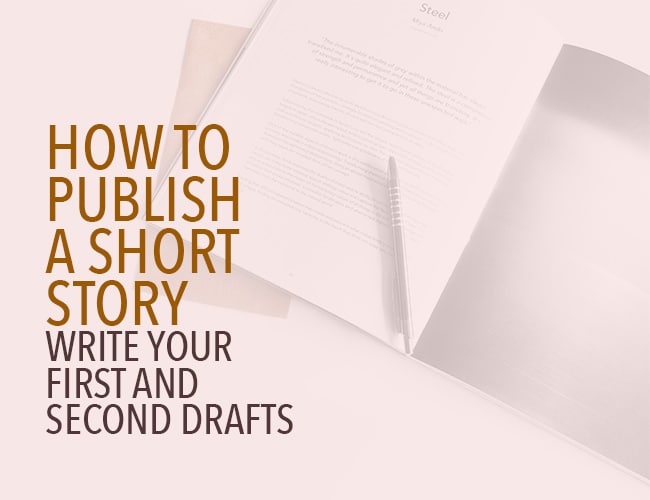
by Sarah Gribble |
If you’re following along with our short story publication series, by now, you should have a publication in mind and have the answers to a couple basic questions. Maybe you brainstormed or did a full outline. Bonus points if you’ve got a draft! (But don’t worry if you don’t.)
Now pick up the pen and write the thing!
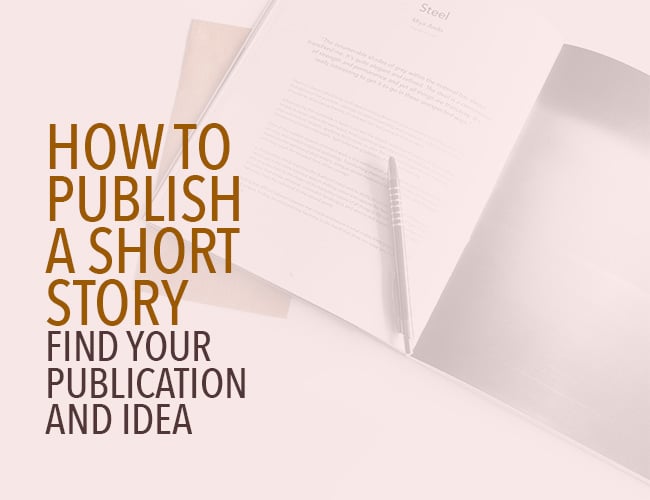
by Sarah Gribble |
A lot of you have just finished participating in The Write Practice’s Short Story Publication Challenge. You’re pumped, inspired, enthused. You feel good about establishing a writing habit. Now what?
Now you submit it. Then you write another and submit that one too.
This post is the first in a four-part series that will walk you through the process of planning, writing, and submitting a short story. At the end of the series, you’ll have a short story ready for submittal!
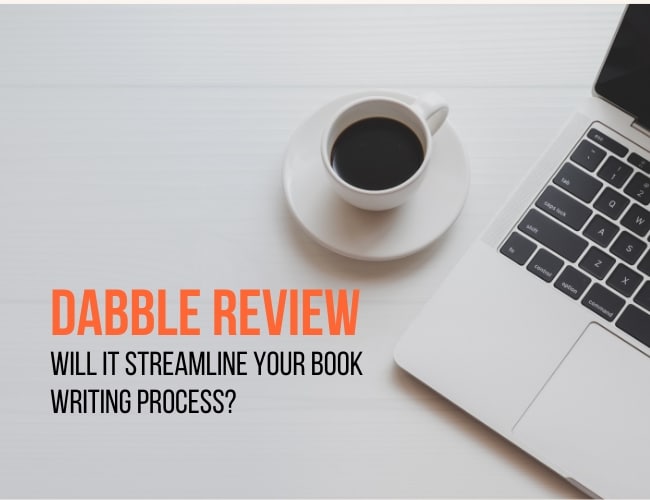
by Sarah Gribble |
As a writer, when you move from whipping up short stories to tackling the beast that is a novel, the cracks in standard word processors start to show. I needed book writing software, and I wanted something powerful but simple to use. I tried a number of programs, but Dabble has been my favorite. Check out my Dabble review and see if it might work for you too.
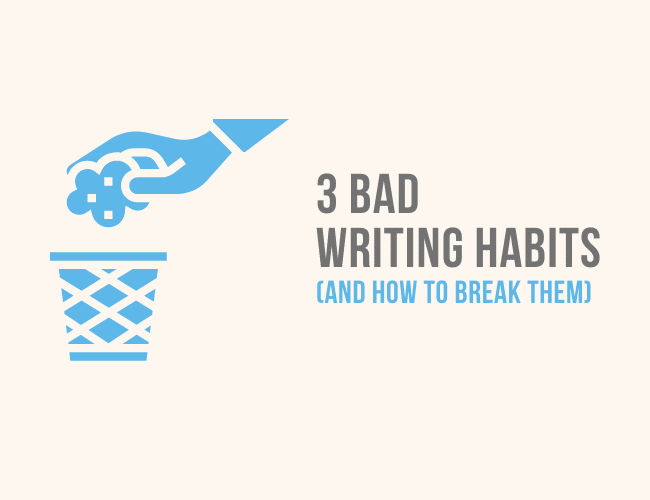
by Sarah Gribble |
Let’s be honest: it’s hard breaking habits, especially when it comes to bad writing habits. Writing is a career that requires a lot of self-motivation. In other words, it’s the perfect breeding ground for procrastination, distractions, and a world of other bad writing habits stalling your time to write.
But there’s hope! The best way to break bad writing habits is to first recognize that 1) you have them and 2) put forth the conscience effort needed to protect your time for writing. Here’s what I consider the three worst writing habits—and how to break them.
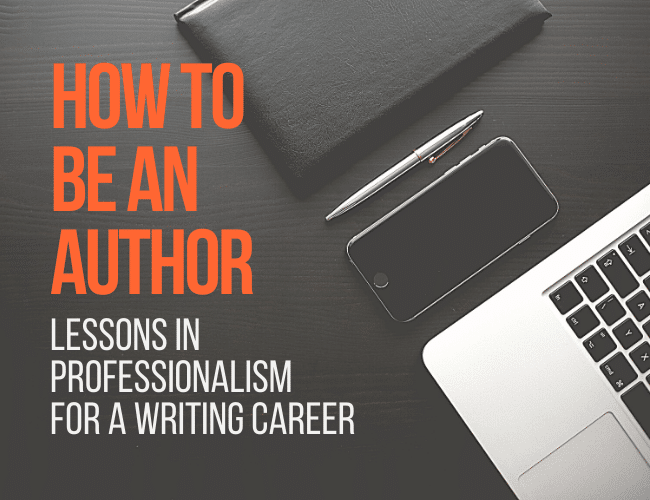
by Sarah Gribble |
If you want to know how to be an author, it starts with the habits of professionalism that will carry you through a career. Treat your writing like you would any other job. You need a set schedule, you need a process, you need to improve, and you need to treat your coworkers (editors, agents, other writers) with respect.







